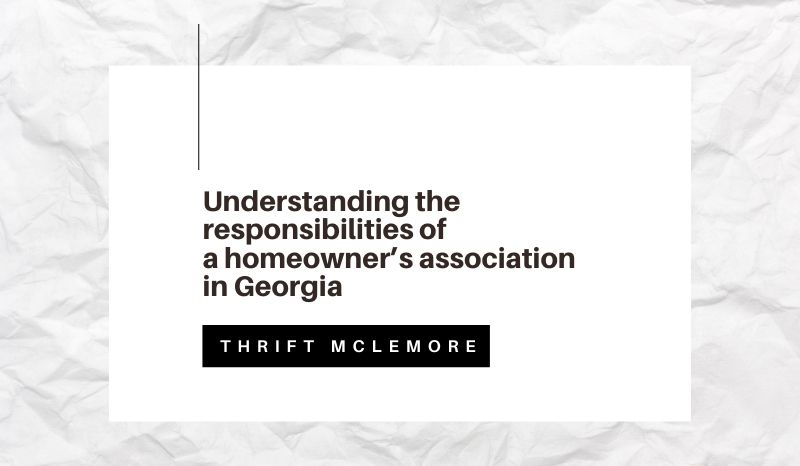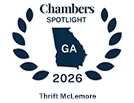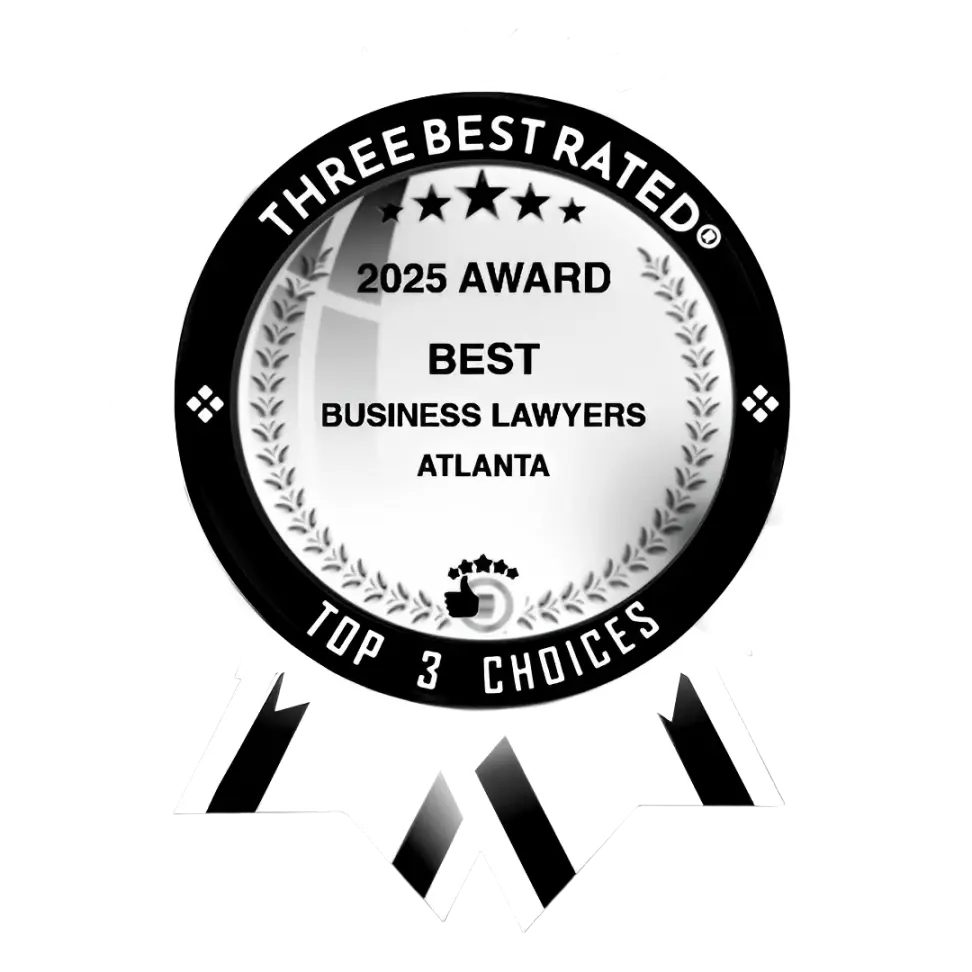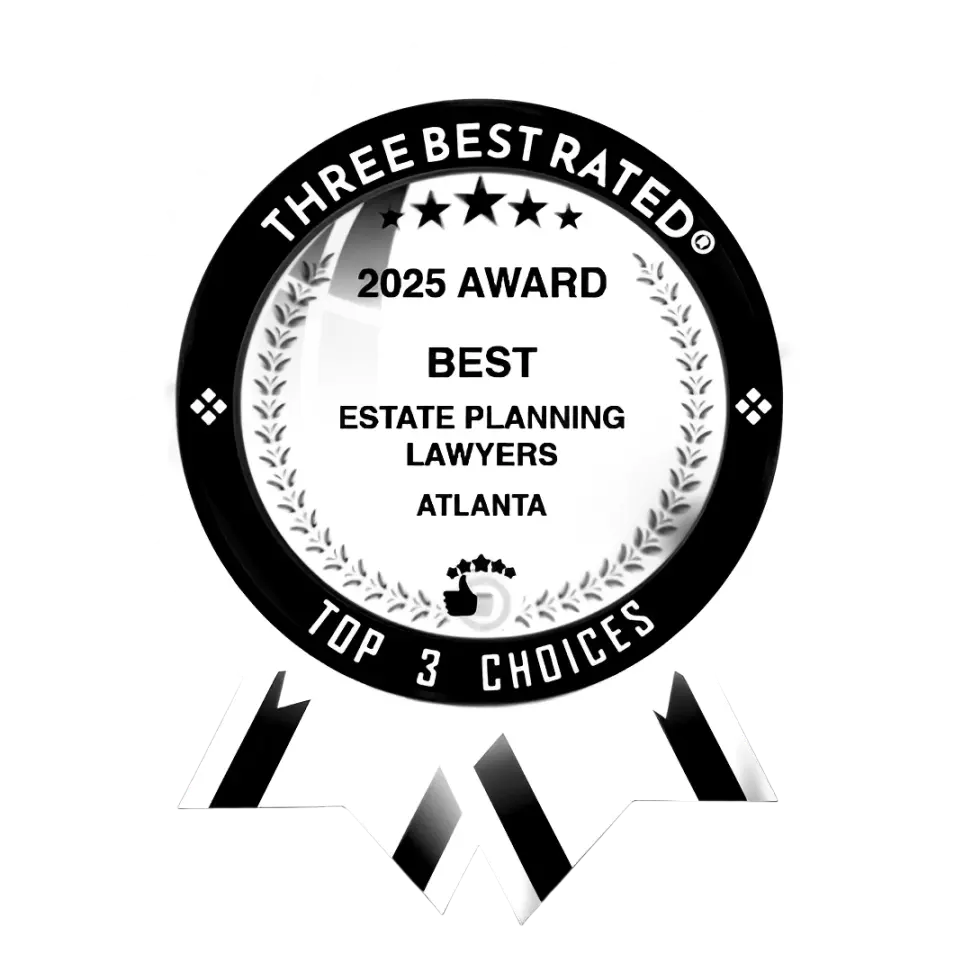After the recent tragedy of the Surfside Condo collapse in Miami, those living in a homeowner’s association or condominium association community may find themselves asking who is responsible for maintenance obligations.
Under Georgia law, two different statutory schemes govern homeowner’s associations and condominium associations: the Georgia Property Owners’ Association Act governs homeowner’s associations, while the Georgia Condominium Act governs condominium associations.
Homeowner’s Associations
Homeowner’s associations are generally governed by their community declaration. This declaration is a legal document that defines the scope and responsibility of the homeowner’s association. Generally speaking, it is the controlling document to help individual owners find out what the association is in charge of fixing or maintaining around the property.
The Georgia Property Owners’ Association Act also provides that property owners’ associations have the authority to make improvements to common areas, approve of changes or alterations to any lot or the common area, and levy annual and special assessments. However, these powers are defined by the declaration or other legal documents passed by the association, like bylaws.
As such, the association can determine who is responsible for certain repairs.
In addition, associations can limit the personal liability of their directors or members. This means that a tort suit based on negligence or willful misconduct of an agent or employee of an association must be brought against the association, not the individual actor.
Condominium Associations
As for condominium associations, the association is responsible for the necessary maintenance, repair, renovation, restoration, and replacement of the common elements – unless provided otherwise in the condominium instrument.
Like a homeowner’s association declaration, the condominium instrument serves as the general basis of responsibility for the condominium association. As such, a condominium association’s maintenance and repair responsibility may vary from property to property depending on the instrument, which serves as a private contract between the association and its member/owners.
For example, a court found a Georgia unit owner responsible for the buildup of ice and snow on a walkway where the owner slipped because the condominium instrument provided that the owner was responsible for removing “foreign matter” from the walkway while the association’s only responsibility related to making “permanent changes” to the walkway. Scrocca v. Ashwood Condominium Ass’n, Inc., 326 Ga. App. 226, 756 S.E.2d 308 (2014).
What this means for your situation
All of this is to say that under Georgia law, whether the association or the individual owner is responsible for a particular repair is highly fact-specific and will depend on the legal documents that govern the community.
If you or a friend have a maintenance concern about something in your community, our real estate attorneys can clarify and fight for your rights.







